From the soaring mountains of the Alps and Pyrenees to the chic streets of Paris and everything in-between, France truly does have something for everyone. And now, wherever you are in l’Hexagone, you can call this great country home.
However, those first few days in France can feel like something of a whirlwind for even the most seasoned of expats. After all, knowing how to navigate a new country in an entirely new language can be a challenge. But don’t let that put you off, because your new life in France will soon get easier. To help you get off on the right foot, here are 10 things you need to do during your first week in France.
Sirelo
It's no secret that moving abroad can be stressful. Sirelo's team of removal advisers is here to help. They provide five free quotes from international shipping companies so you can find the best options at the best prices. Take the stress out of your relocation to France with Sirelo.
1. Find your new French home
Let’s start with an obvious one – finding somewhere to call home. Some new arrivals might be lucky enough to be placed in temporary or permanent accommodation by their new French employers. However, most internationals will need to get a roof over their head; even if it’s just temporary, while they find something more permanent. Fortunately, there are plenty of options in France. For shorter-term fixes, for instance, serviced apartments or long-term holiday rentals can be a good option while you search for your new home in France. You can find many options on sites such as:

If you prefer to kick things off with somewhere a little more permanent, though, you might want to start with renting a property in France. The French rental market is where most new arrivals start. Rental prices fluctuate throughout the country and unsurprisingly, you can expect to pay more in central urban areas and some coastal regions. If you’re looking to buy property in France, or simply want some help finding your new home, you might want to consider hiring a local real estate agent. To get an idea of what you can expect to pay – whether renting or buying – be sure to visit a French online property portal, such as Se Loger or Le Bon Coin.
2. Register with the French authorities
As is the case in many European countries, certain new arrivals in France will need to register with the local municipal authorities. This doesn’t apply to those moving from other EU countries or neighboring Switzerland. However, expats from these countries can still apply for a residence permit (carte de séjour) at their local town hall (mairie). This is not obligatory for EU citizens, but it can make things easier for you whenever you have to deal with the French authorities.

Arrivals from non-EU countries, on the other hand, must visit their local prefecture office and register with the authorities to receive a carte de séjour. This needs to be done within your first two months of living in France. However, be aware that the registration procedure can take a while, so you might want to get the process rolling quickly. Registration is additional to any visa requirements linked to your situation, so put it near the top of your to-do list for your first week in France. Similarly, UK citizens moving to France in the post-Brexit era also need to apply for a carte de séjour. For the latest updates and requirements, check the French government’s Service-Public site.
3. Sign up for health insurance
French law stipulates that all residents must have health insurance – and that includes all new arrivals to the country. Most expats in France are eligible for the universal public healthcare system Protection Maladie Universelle (PUMA). However, if you’re not eligible for this coverage – or wish to top-up your protection – you can also take out private health insurance. Some of the leading health insurance providers in France include the following:
For more information on healthcare in your new home, read our guides to the French healthcare system and hospitals in France.
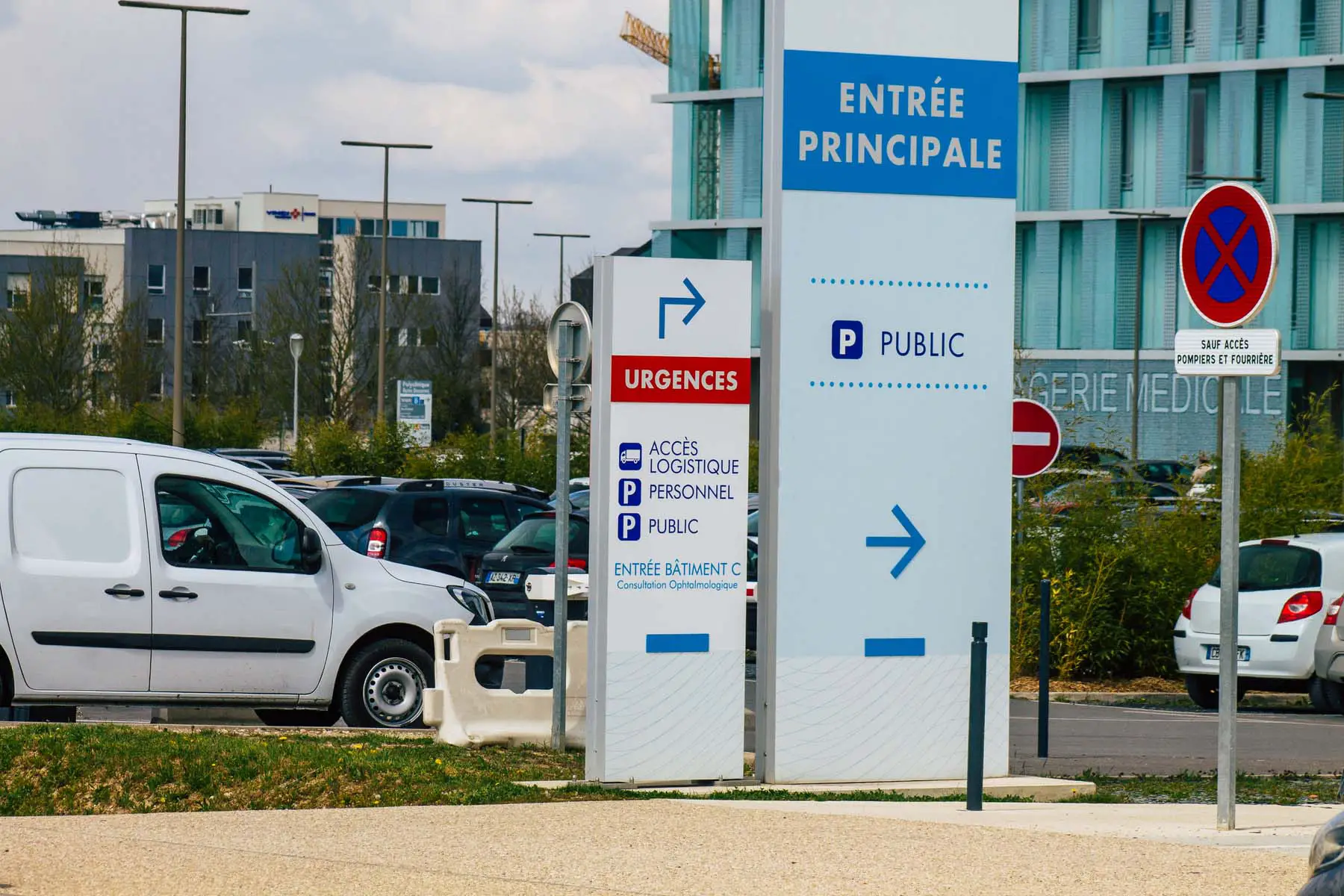
Aside from health insurance, there are several other types of insurance that you may want to consider setting up during your first week in France, too. For example, if you’re planning to drive in the country, then you’ll need to have car insurance before you hit the roads. You’ll also need home coverage when moving into your new home, including building insurance and home contents cover. For more information on the insurance policies that you’ll need to sort out after you arrive, read our guide to insurance in France.
4. Open a French bank account
Few things will help you feel more settled into your new life in France than opening a French bank account. Getting your hands on a local bank account can make it significantly easier to set up all those important payments, such as home internet and TV, utility charges, and more. Whether you’re treating new friends to lunch at a brasserie or filling up on groceries at your local French supermarket, it will also make your everyday life much easier.
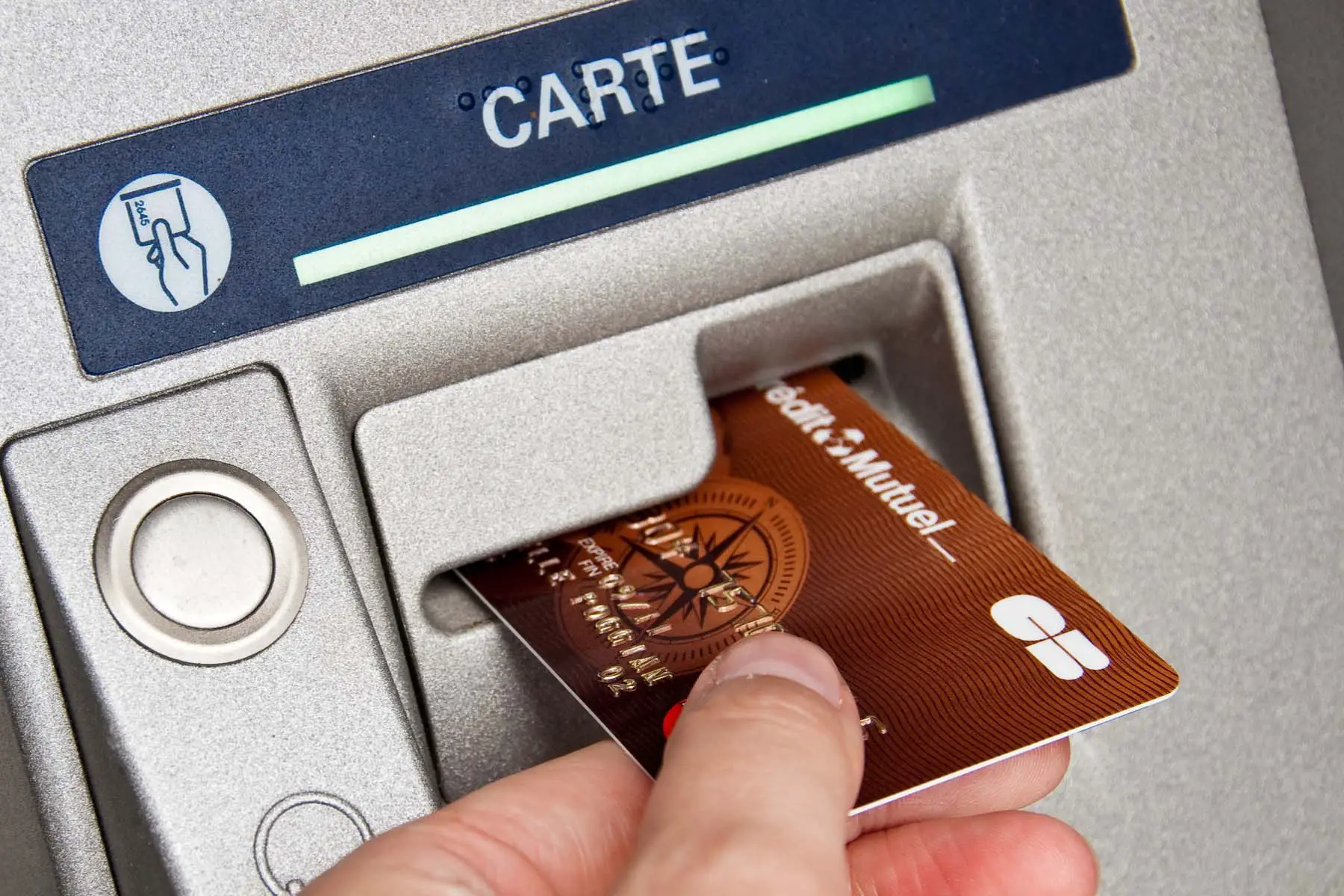
As you might expect from a country the size of France, there are plenty of banks for you to choose from. The biggest national French banks include BNP Paribas, Societe Generale, and La Banque Postale. The easiest way to open a French bank account is to visit a branch in person; although be prepared to practice your French skills. Another increasingly popular option is mobile banking and mobile banking apps typically offer easier sign-up processes for expats; not to mention less paperwork. Some of the leading French mobile banks include the following:
If you need to transfer money from your old accounts, then money transfer platforms such as CurrencyFair, Wise, and XE can also help.
Meanwhile, freelancers and other entrepreneurs can make opening a business bank account even simpler by using an online service such as Sogexia.
5. Get a French SIM card
Want to keep in touch with friends and family? Or maybe you’re trying to set up a business in France. Whatever the reason, getting a French SIM card can make all the difference. This is especially true if you’re arriving from a non-EU country and your existing mobile operator doesn’t offer free roaming in France. There are two main options for getting a French SIM card and phone number: a prepaid SIM and a mobile plan. It’s important you choose the right option for your usage.
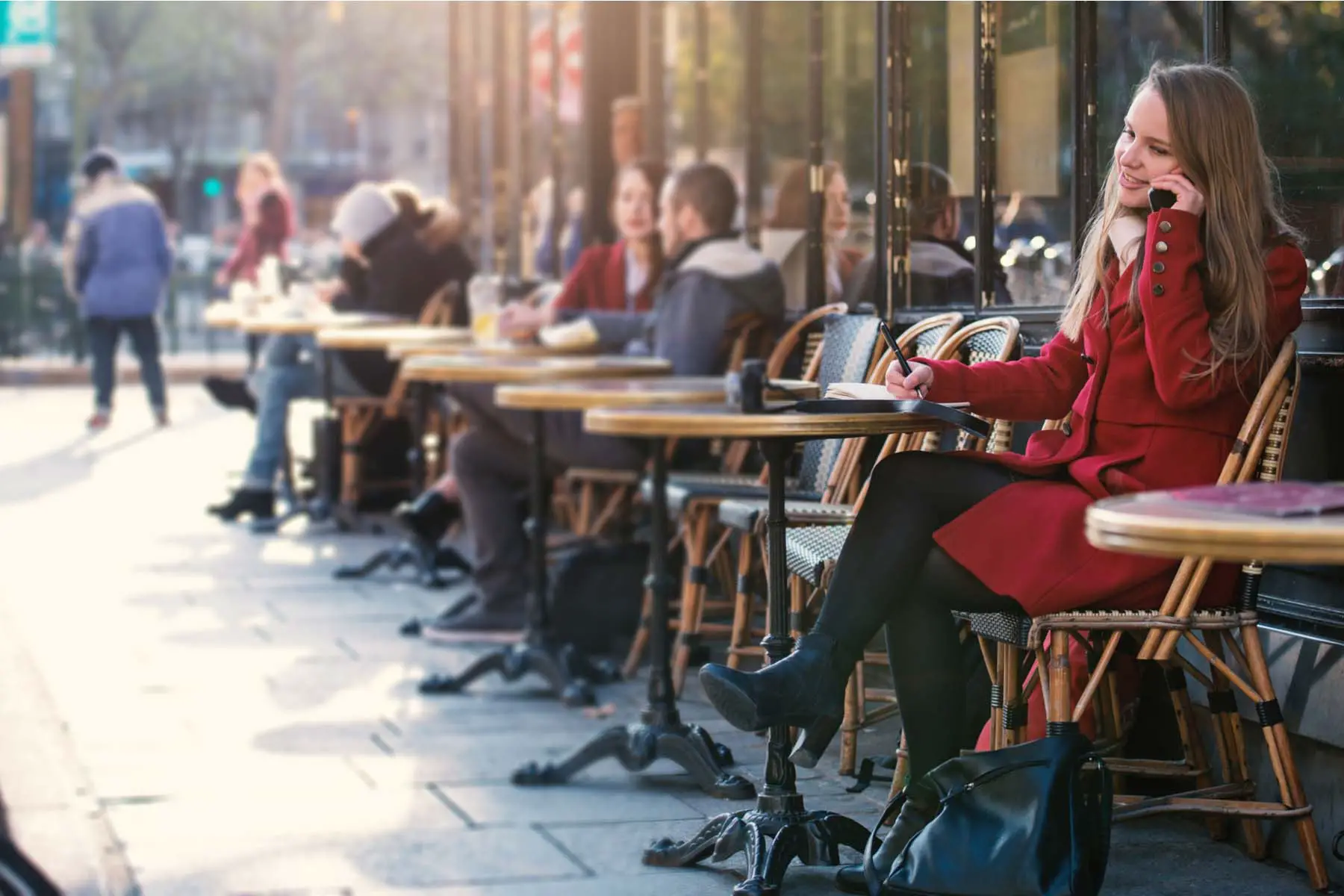
Upon arriving in France, you’ll soon realize just how much choice there is in the local French mobile market. In fact, this can seem overwhelming at first, but the French mobile options are fairly straightforward and comparable to other countries. However, it’s still advisable to do your research before signing up to make sure that you get the right deal for yourself. Some of the leading mobile operators in France include:
Whichever mobile network you end up on, be sure to check out our list of the top 10 must-have French apps you should download during your first week in France.
6. Find a job
Unless you’re lucky enough to already have a job secured before you touch down in the country, it’s likely that finding a job will be high on your list of things to do during your first week in France. The French job market can vary significantly between regions, as can average salaries. Generally speaking, however, many jobs will require a certain knowledge of the French language. That said, there are still plenty of opportunities for those who are still in the early stages of the learning curve.
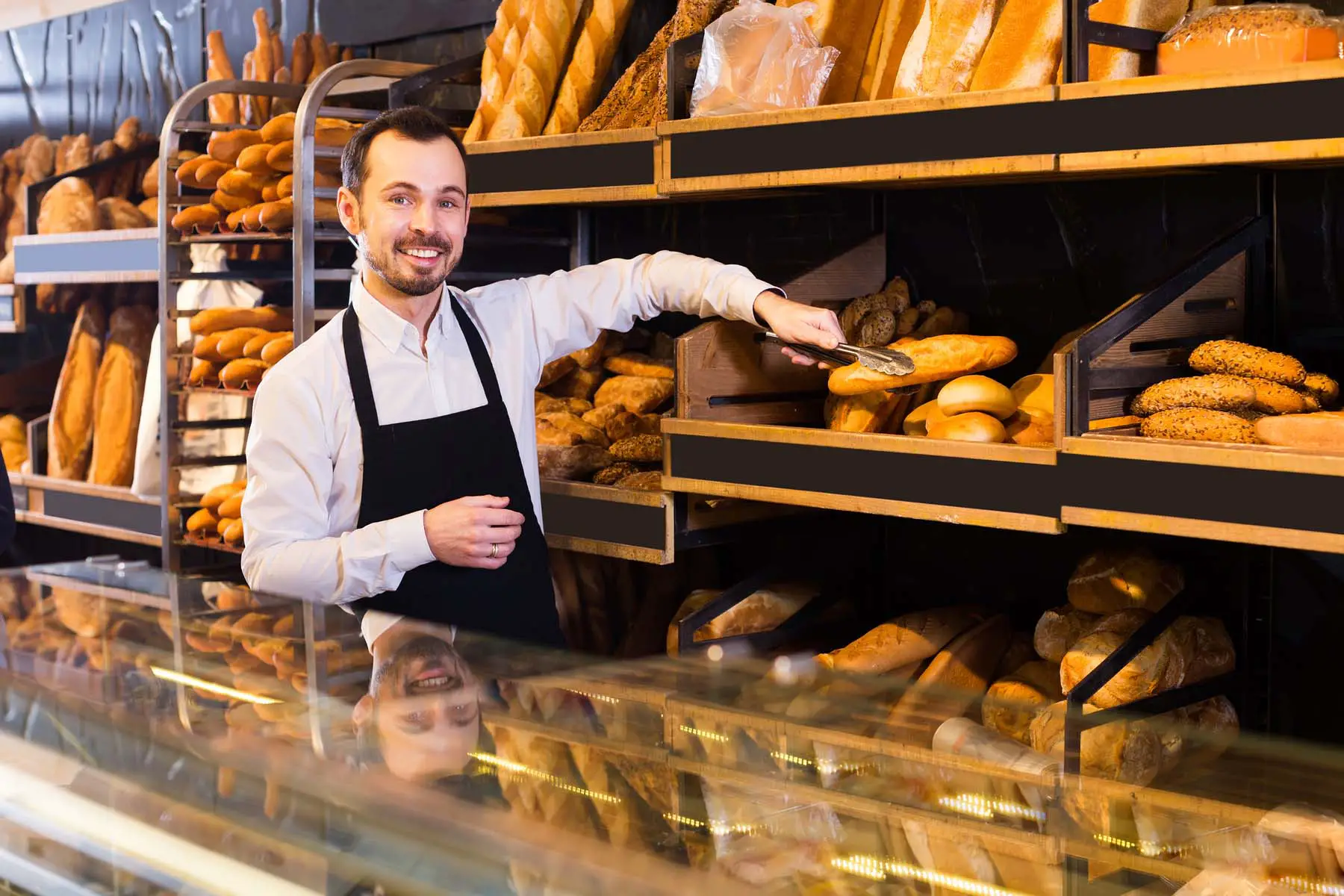
If you’re looking for work, then it’s probably a good idea to get the ball rolling during your first week in France. For example, you may want to spruce up your resume for the local French job market, or even reach out to a few local job agencies that operate in your preferred sector. You can also take a look at some of the local jobs boards online, including our own Expatica jobs portal. For more information and tips, read our guide to finding a job in France.
7. Sort out your French transport options
One of the most important things you’ll need to think about during your first week in France is how you plan to get around day-to-day. Naturally, your transport options will largely depend on where you settle. In large cities such as Paris, Marseille, and Lyon, you’ll be able to get by easily by bus and metro. In fact, even in smaller cities, you’ll find decent public transit networks. Cycling is also becoming an attractive alternative in many French cities, including the capital which has seen significant investment focused on bike infrastructure.
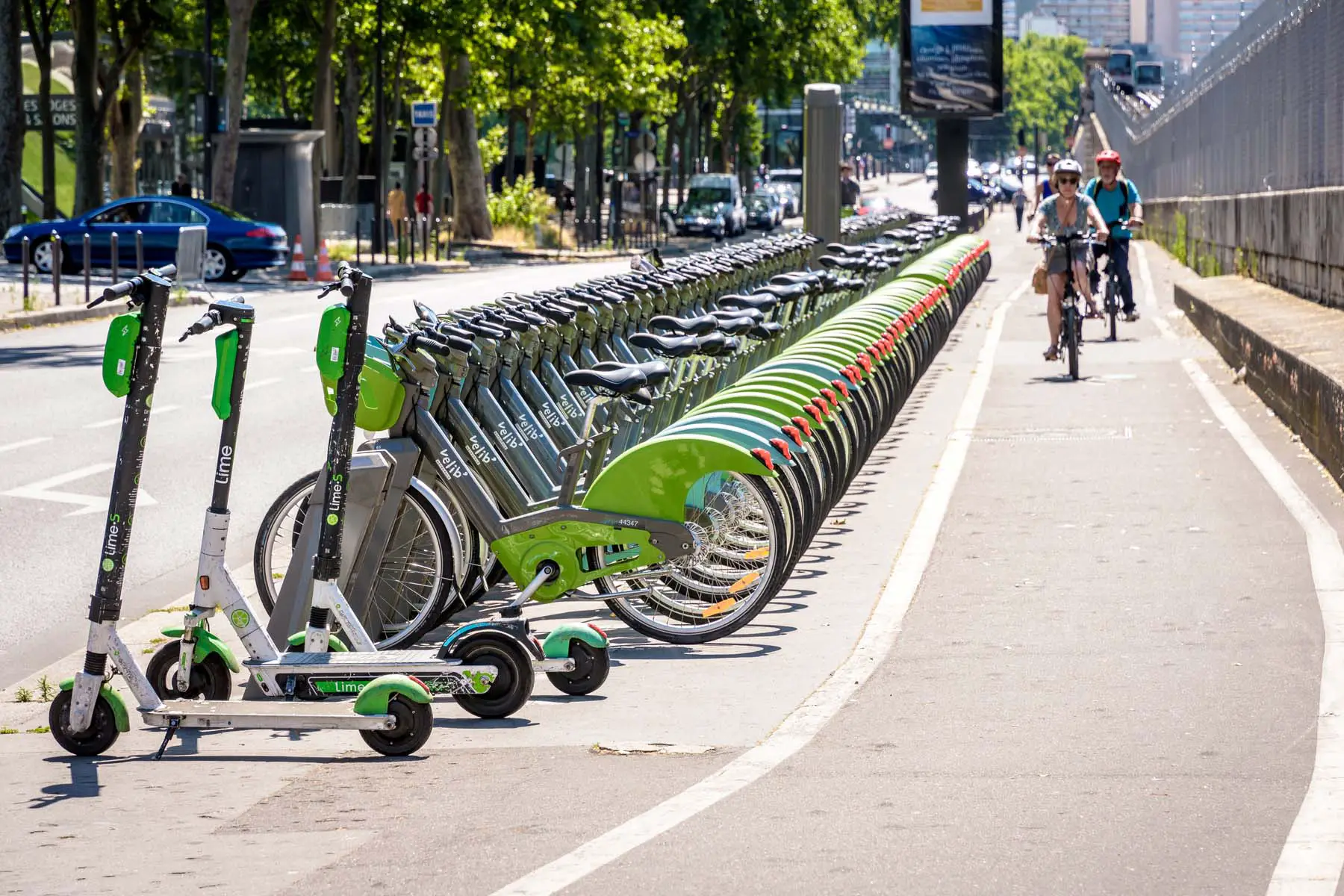
However, for some new arrivals, the most efficient way to get around is by driving in France. This is especially true if you move to a more rural area that has fewer transit links. Luckily, expats arriving in France who are over the age of 18 can use a foreign driving license issued by another EU/EEA country or Switzerland. Those from other countries, however, will likely need to apply for an International Driving Permit. For more information, read our guide to getting a French driving license.
If you’re looking for automobile insurance, check out the following comparison sites:
8. Get your new home connected
Once you’ve found your new place in France, you’ll want to make it feel like home. One way to do this is by getting all your connections sorted, including French utilities and home telecoms. Generally speaking, serviced apartments and some rental properties will already have these connections included in their monthly charges. This is also often the case for flatshare rentals where costs are split between individual housemates. However, many rental properties in France will need these connections, as will any properties you are planning to buy.
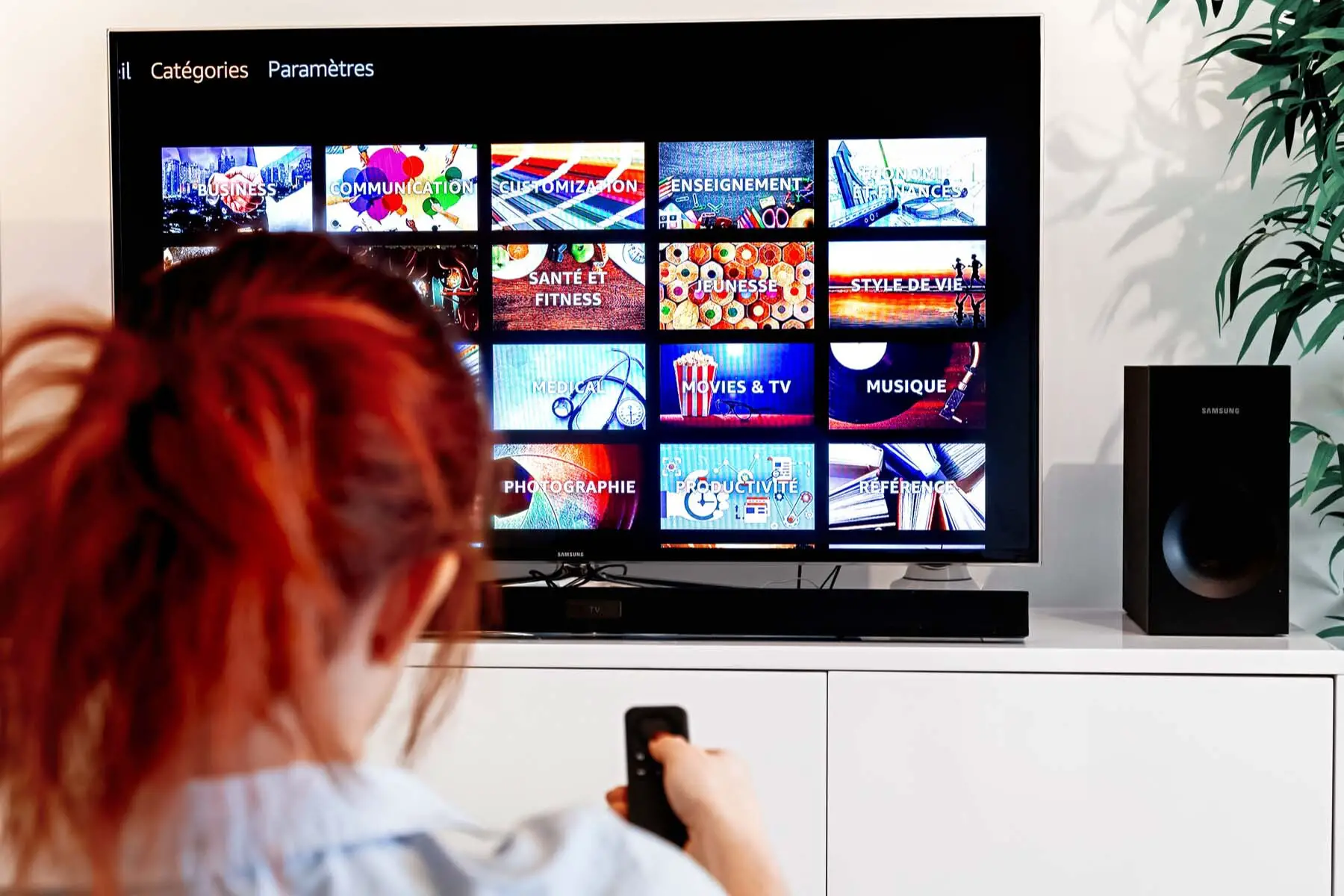
While this may sound like a lot of hard work, you shouldn’t worry as the sign-up procedures for internet and TV in France are fairly easy. That said, it’s important to do your research to make sure that you get the best options for you and your family. Some of the leading French internet and TV providers include the following:
In France, water is supplied through your local commune (or a combination of local communes). However, you have a choice when it comes to gas and electricity. Some of the utility providers in France include:
Read our guide on connecting your French utilities for more information.
9. Enrol your kids at school
Moving to a new country with school-age children can add another layer of uncertainty to an already challenging situation. However, you can make things a lot easier for yourself by researching French education options before you relocate. And be sure to contact your local municipality’s education department during your first week in France to get the ball rolling. Some expat parents decide to send their children to the local public schools, which is often the cheapest and easiest option. It can also be the best way for a child to integrate into their new culture.

That said, some parents will prefer to enroll their little ones at an international school in France. This can be a good option if you’re looking for global programs, such as the International Baccalaureate (IB). If your children aren’t quite old enough to attend school, however, you’ll need to arrange childcare. It’s a good idea to start looking during your first week in France as places can fill up quickly; particularly if you’re looking for English-speaking care. Once the kids are sorted, you might also want to start with your own education, such as learning French at one of the many local language schools.
10. Enjoy la vie française
You only experience your first week in France once, so whatever you do, make sure you get out there and enjoy it! While this list may sound slightly daunting to new arrivals, much of it is relatively straightforward and shouldn’t stop you from getting out there and exploring your new home. After all, France is one of the most diverse countries in Europe in terms of things to see and do. So give yourself a break from French utility companies and car insurance and see what it has to offer.

Wherever you settle in France, there are plenty of fun ways to spend your free time. From taking a hike through the beautiful French Alps or Pyrenees, to enjoying a lazy day on the beach near La Rochelle, or simply wandering through charming Parisien streets, there’s never a dull moment. But if that sounds a little too much, then why not simply wander around your new neighborhood? This will give you a good idea of the best places to grab a coffee or a glass of wine, Croque Monsieur, or the freshest croissants in the area. Enjoy!


